The Power of Peer Pressure
Comparing yourself with others may provide a helpful nudge when it comes to saving for retirement or staying healthy.


Profit and prosper with the best of Kiplinger's advice on investing, taxes, retirement, personal finance and much more. Delivered daily. Enter your email in the box and click Sign Me Up.
You are now subscribed
Your newsletter sign-up was successful
Want to add more newsletters?

Delivered daily
Kiplinger Today
Profit and prosper with the best of Kiplinger's advice on investing, taxes, retirement, personal finance and much more delivered daily. Smart money moves start here.

Sent five days a week
Kiplinger A Step Ahead
Get practical help to make better financial decisions in your everyday life, from spending to savings on top deals.

Delivered daily
Kiplinger Closing Bell
Get today's biggest financial and investing headlines delivered to your inbox every day the U.S. stock market is open.

Sent twice a week
Kiplinger Adviser Intel
Financial pros across the country share best practices and fresh tactics to preserve and grow your wealth.

Delivered weekly
Kiplinger Tax Tips
Trim your federal and state tax bills with practical tax-planning and tax-cutting strategies.

Sent twice a week
Kiplinger Retirement Tips
Your twice-a-week guide to planning and enjoying a financially secure and richly rewarding retirement

Sent bimonthly.
Kiplinger Adviser Angle
Insights for advisers, wealth managers and other financial professionals.

Sent twice a week
Kiplinger Investing Weekly
Your twice-a-week roundup of promising stocks, funds, companies and industries you should consider, ones you should avoid, and why.

Sent weekly for six weeks
Kiplinger Invest for Retirement
Your step-by-step six-part series on how to invest for retirement, from devising a successful strategy to exactly which investments to choose.
Is peer pressure a bad thing? Most parents of middle schoolers would surely say yes. But comparing yourself with others may provide a helpful nudge when it comes to some areas of your adult life, such as saving for retirement or staying healthy. And yet, like those fraught relationships in middle school, it's complicated.
Behavioral economists have long relied on peer pressure to achieve public policy goals or to promote good health or financial security. For example, software firm Opower, a unit of Oracle Corp., works with utilities to provide 18 million homes with energy-usage reports that include comparisons with neighbors’ usage. You might see that you used more electricity over the past month than similar homes in your area, as well as how much more that cost you. Since the program began in 2009, customers competing with the Joneses have trimmed energy usage by more than 11 terawatts, representing $1.1 billion in savings, according to Opower.
Empower Retirement, a retirement-plan administrator serving 8 million participants, takes advantage of its rich customer database to spur saving. “We have your age, gender, salary, savings rate and how much you’ve saved,” says Empower president Ed Murphy. Savers can see how they stack up against others most like themselves, as well as against super savers in the top 10% of their peer group. Whether you call it peer pressure or inspiration, such comparisons boosted savings rates by 25%, Empower found.
From just $107.88 $24.99 for Kiplinger Personal Finance
Become a smarter, better informed investor. Subscribe from just $107.88 $24.99, plus get up to 4 Special Issues

Sign up for Kiplinger’s Free Newsletters
Profit and prosper with the best of expert advice on investing, taxes, retirement, personal finance and more - straight to your e-mail.
Profit and prosper with the best of expert advice - straight to your e-mail.
Robert Cialdini, psychology professor emeritus at Arizona State University and author of Influence: Science and Practice, doesn’t like the term pressure. Says Cialdini, who conducted the original Opower research, “You’re not pressuring anyone. Just telling people honestly what their peers are doing is enough to change behavior.”
Pressure that backfires. Except sometimes, it isn’t enough. Yale finance professor James Choi was surprised by his findings last year that 401(k) participants who were saving too little put aside even less after being clued in to what their coworkers were saving. “These people got discouraged and demoralized to see how far behind their peers they were. They just disengaged,” Choi says. His conclusion: “Peer comparison is at best not very effective and, at worst, could backfire.” It might be better to focus on other strategies to increase savings, such as automatically enrolling people in 401(k) plans and increasing their contribution rates, Choi says.
But advocates of such comparisons say the key is choosing the right peers in the first place. In some cases, that means avoiding the top dogs. New research from the Perelman School of Medicine at the University of Pennsylvania found that by challenging workers to a 7,000-step-per-day competition, employers who wanted to promote healthy lifestyles had the most success when teams were given the chance to win some money (duh) and were compared with peers who were in the 50th percentile of steppers—in other words, just average. Teams that got the financial incentive but were compared with colleagues who had stepped their way into the 75th percentile did not do as well.
People are especially likely to turn to peers when things are unfamiliar or when they’re uncertain about what they should do in a particular situation, says Cialdini. “You don’t look inside yourself when you’re uncertain—all you see is ambiguity. You look outside, to experts or peers.”
Backing up peer comparisons with actionable advice is key. It doesn’t do much good to know you’re using more energy than your neighbors unless you also get advice on energy-efficient appliances, say, or how to better insulate your home. Similarly, budgeting tips, cash-flow management tools and debt-repayment strategies can help put retirement savings on a faster track.
Adolescence has proved time and again that peer pressure is powerful. The challenge is to harness it effectively.
Profit and prosper with the best of Kiplinger's advice on investing, taxes, retirement, personal finance and much more. Delivered daily. Enter your email in the box and click Sign Me Up.

Anne Kates Smith brings Wall Street to Main Street, with decades of experience covering investments and personal finance for real people trying to navigate fast-changing markets, preserve financial security or plan for the future. She oversees the magazine's investing coverage, authors Kiplinger’s biannual stock-market outlooks and writes the "Your Mind and Your Money" column, a take on behavioral finance and how investors can get out of their own way. Smith began her journalism career as a writer and columnist for USA Today. Prior to joining Kiplinger, she was a senior editor at U.S. News & World Report and a contributing columnist for TheStreet. Smith is a graduate of St. John's College in Annapolis, Md., the third-oldest college in America.
-
 Look Out for These Gold Bar Scams as Prices Surge
Look Out for These Gold Bar Scams as Prices SurgeFraudsters impersonating government agents are convincing victims to convert savings into gold — and handing it over in courier scams costing Americans millions.
-
 How to Turn Your 401(k) Into A Real Estate Empire
How to Turn Your 401(k) Into A Real Estate EmpireTapping your 401(k) to purchase investment properties is risky, but it could deliver valuable rental income in your golden years.
-
 My First $1 Million: Retired Nuclear Plant Supervisor, 68
My First $1 Million: Retired Nuclear Plant Supervisor, 68Ever wonder how someone who's made a million dollars or more did it? Kiplinger's My First $1 Million series uncovers the answers.
-
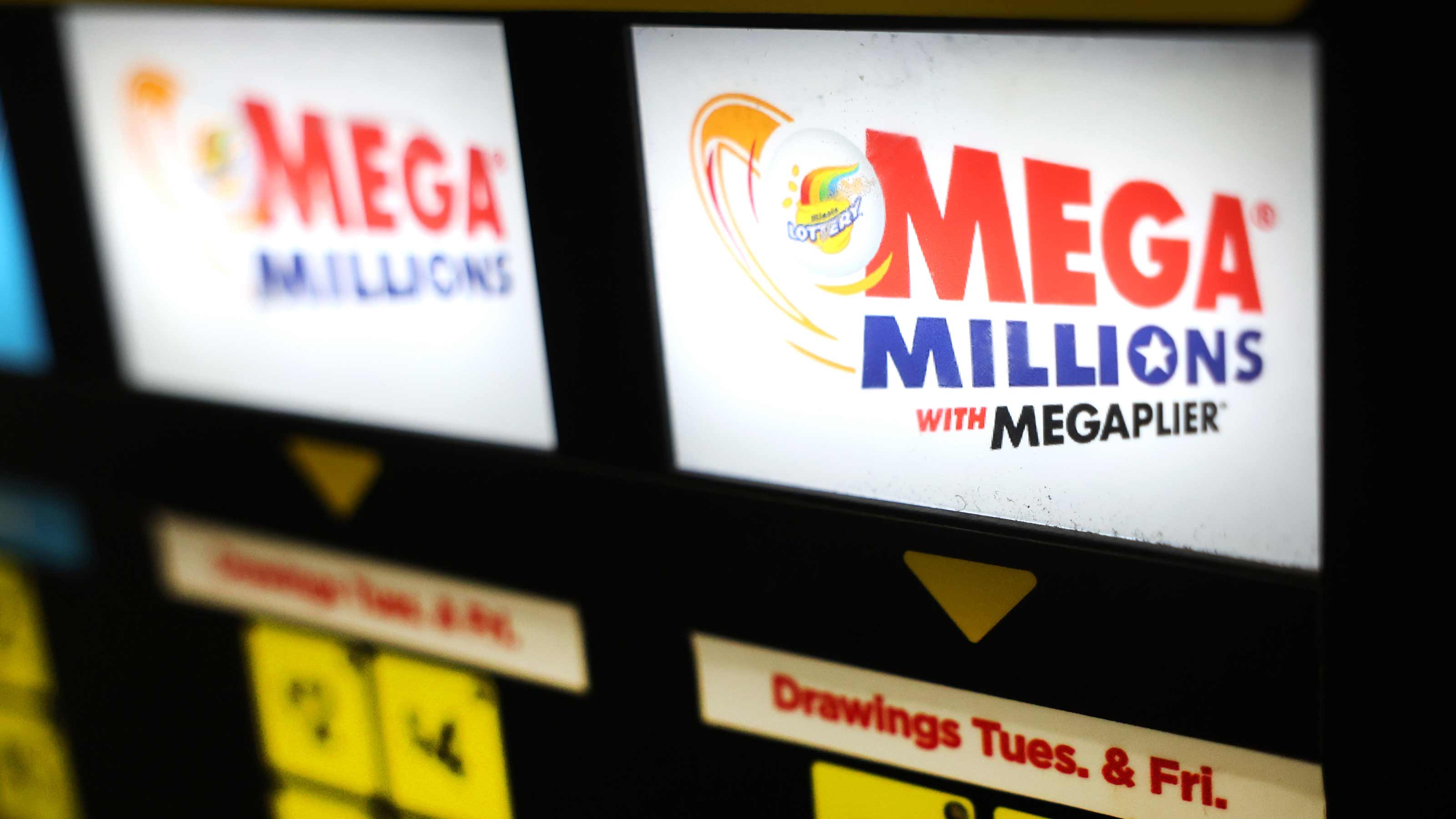 How I'm Going to Invest My Mega Millions Lottery Jackpot
How I'm Going to Invest My Mega Millions Lottery JackpotThe odds of winning the Mega Millions lottery are effectively zero, but here's how I'm investing my fortune should I hit the jackpot.
-
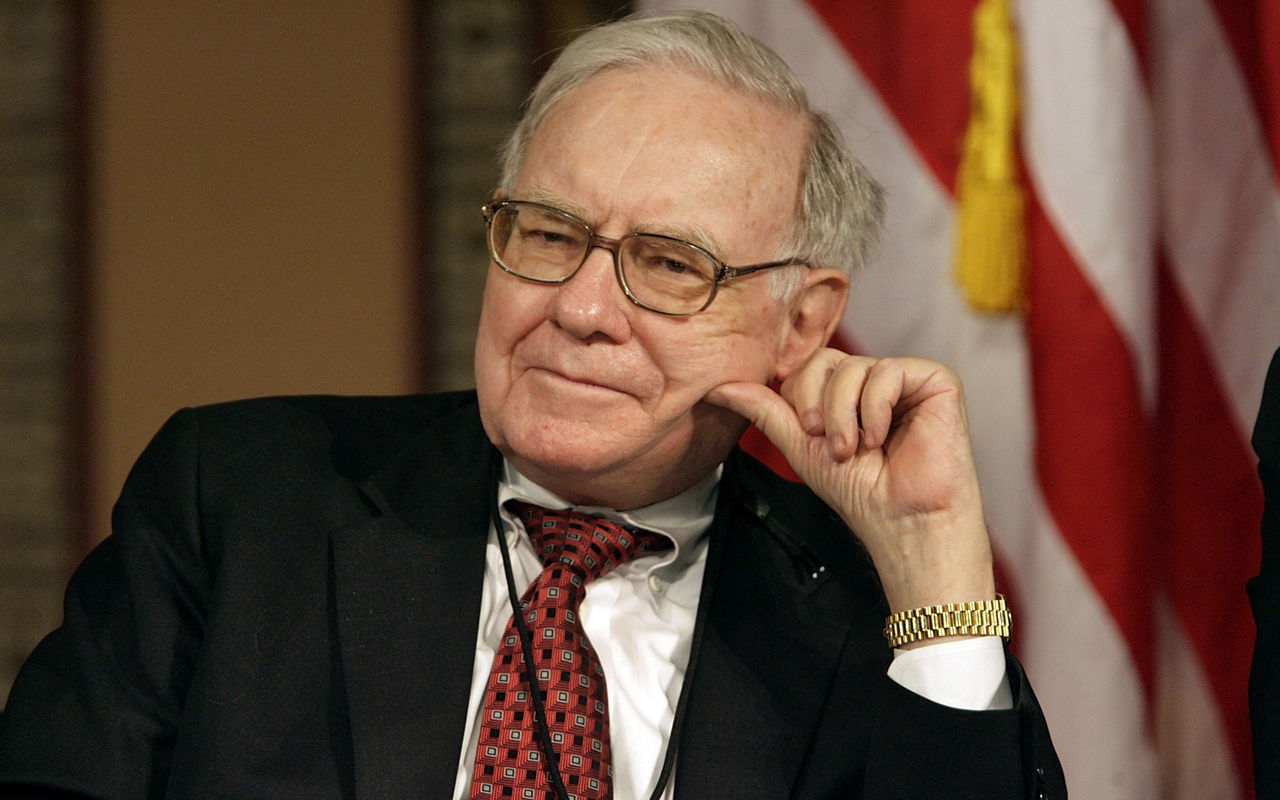 Four Random Facts and Thoughts About Warren Buffett
Four Random Facts and Thoughts About Warren BuffettIf I love Warren Buffett so much why don't I just marry him?
-
 Investing in Gold Is Dumb
Investing in Gold Is DumbStocks are better than gold for both generating wealth and offering protection against inflation.
-
 What's So Scary About a Mega-Cap Tech Bull Market?
What's So Scary About a Mega-Cap Tech Bull Market?Bears say the market can't keep rallying when only five mega-cap tech stocks are driving returns, but history suggests otherwise.
-
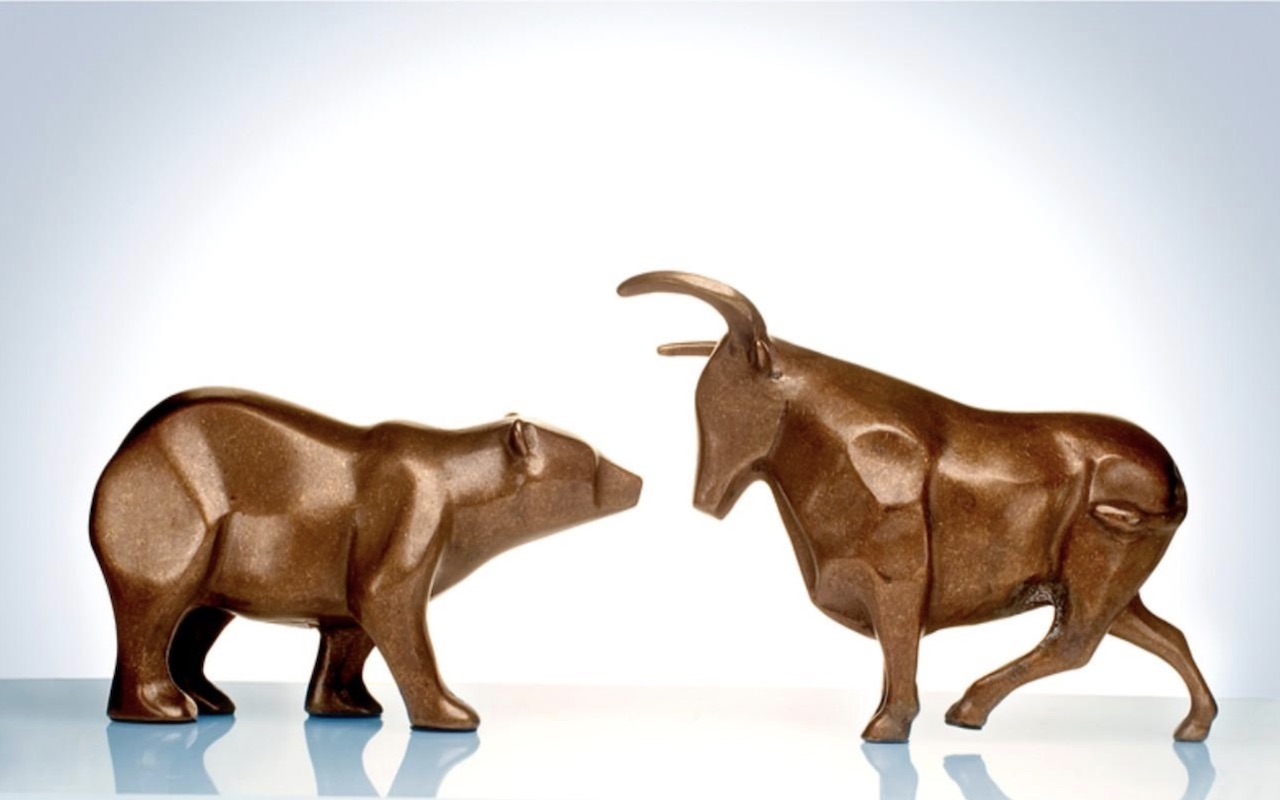 We Are Not in a Bull Market
We Are Not in a Bull MarketIt takes more than a 20% gain off the low to proclaim the beginning of a new bull market.
-
 Why I Don't Buy Stocks
Why I Don't Buy StocksIt's nearly impossible to beat the market – but it is cheap and easy to match it.
-
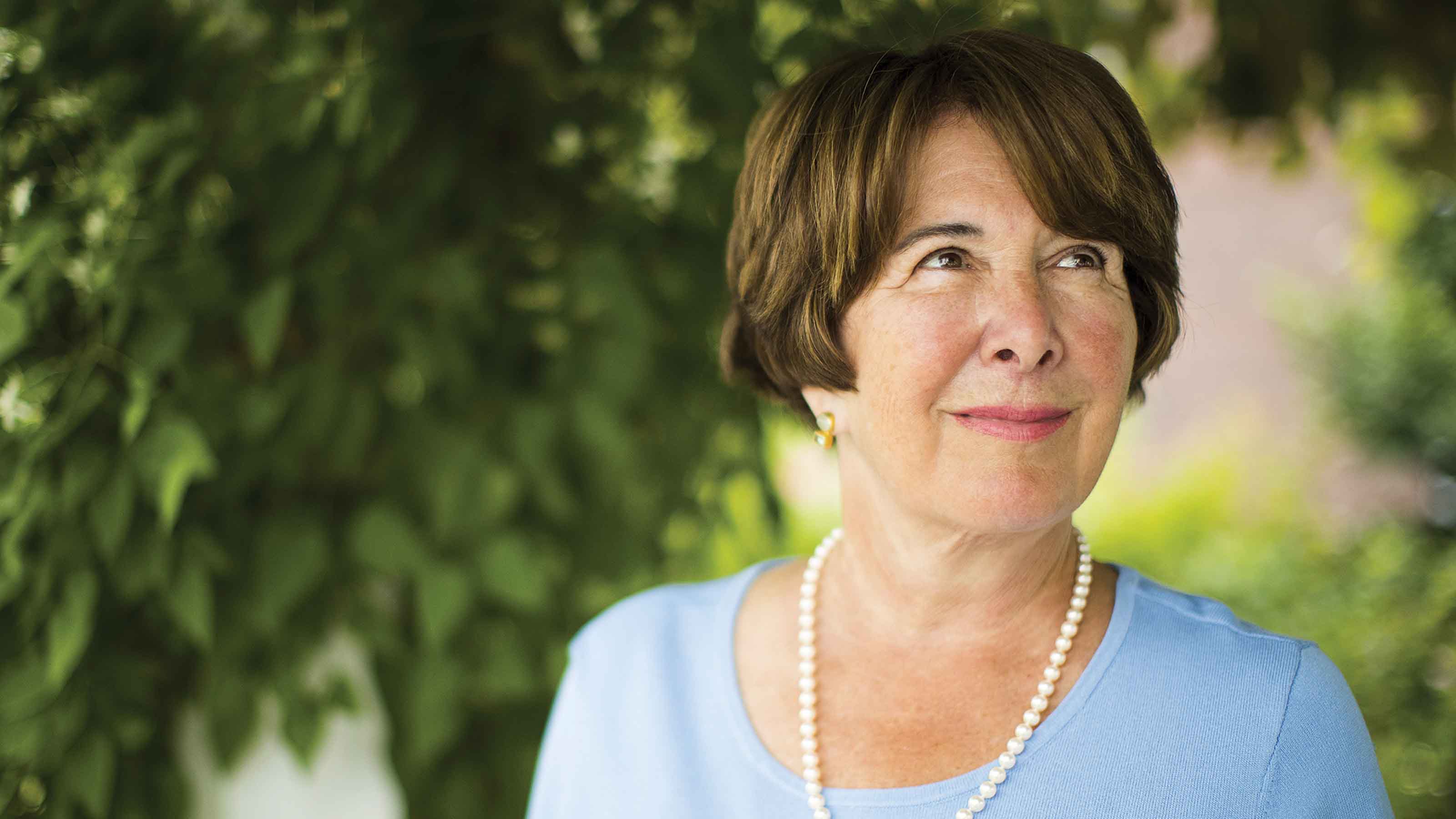 Amy Domini on the Secrets of Sustainable Investing
Amy Domini on the Secrets of Sustainable InvestingESG An ESG pioneer says finding good corporate citizens is the best way to make money.
-
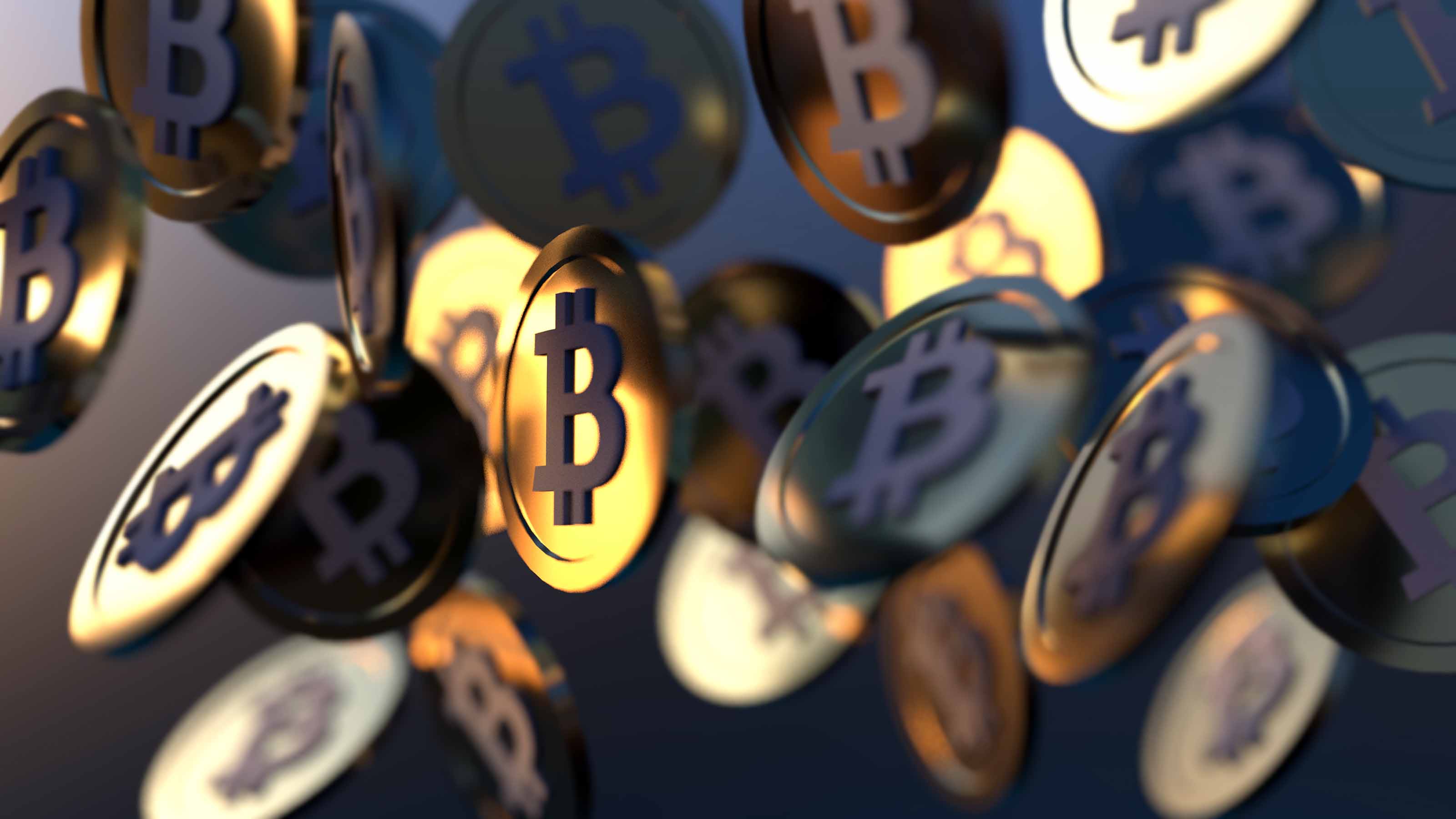 New Ways to Invest in Bitcoin
New Ways to Invest in BitcoinBecoming an Investor ProShares Bitcoin Strategy and other ETFs offer an easier way to gain bitcoin exposure than buying the actual cryptocurrency.